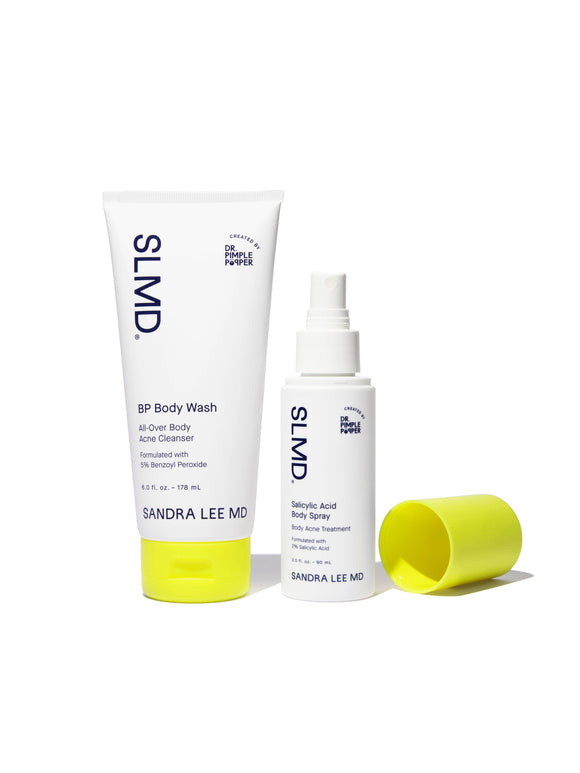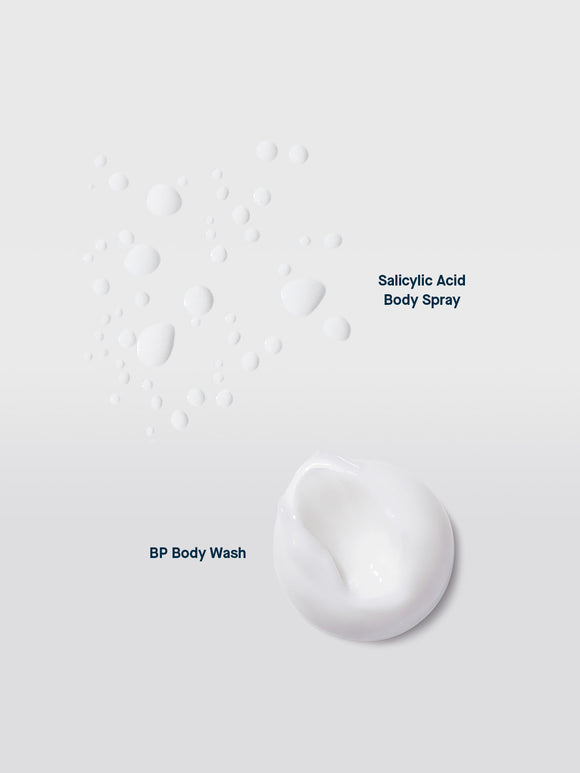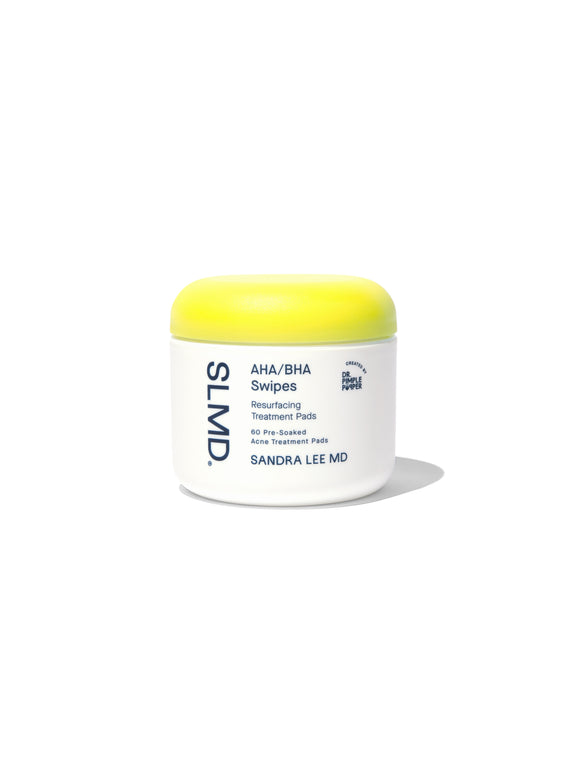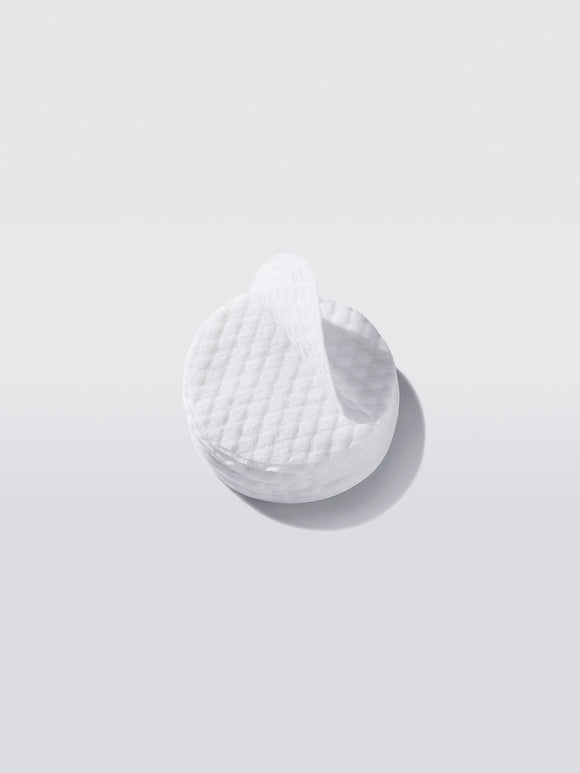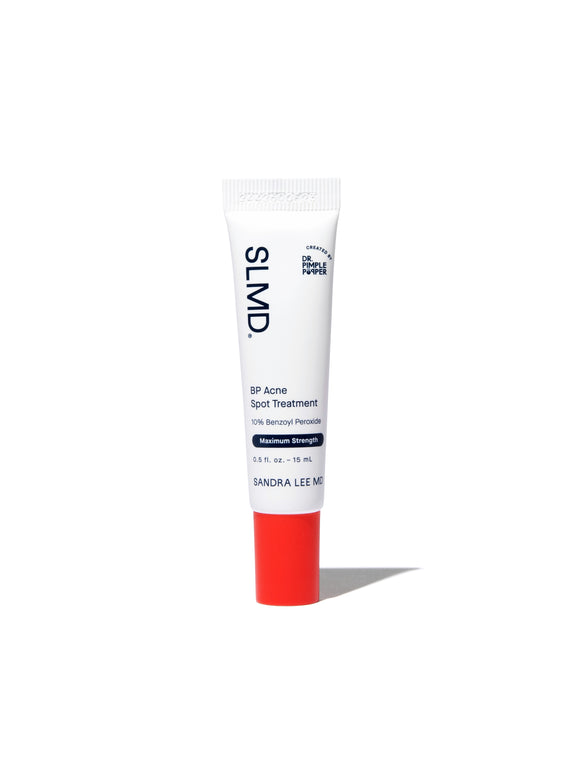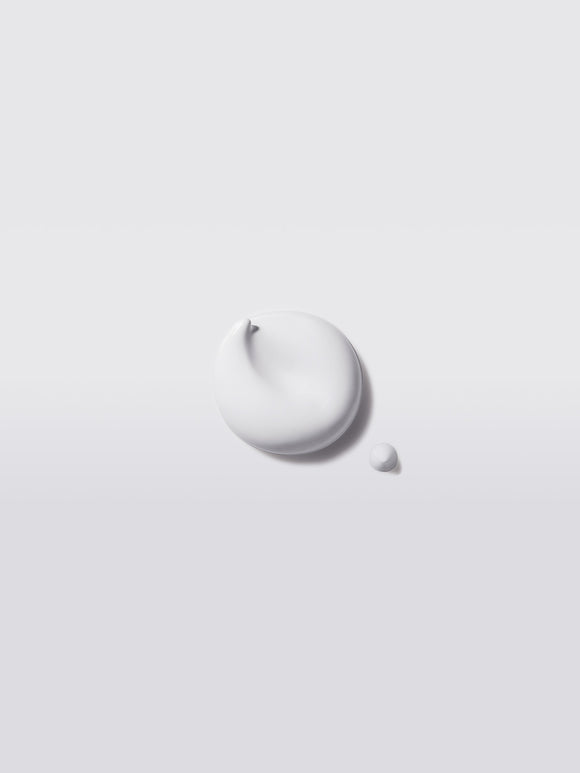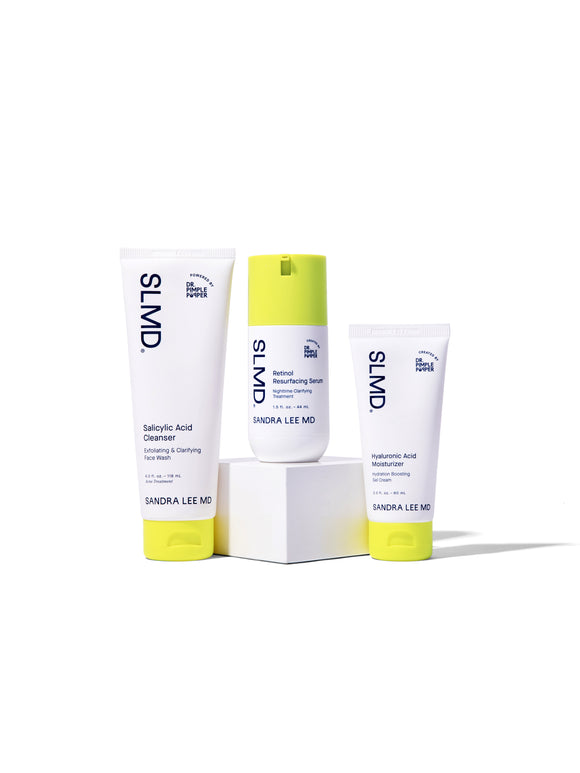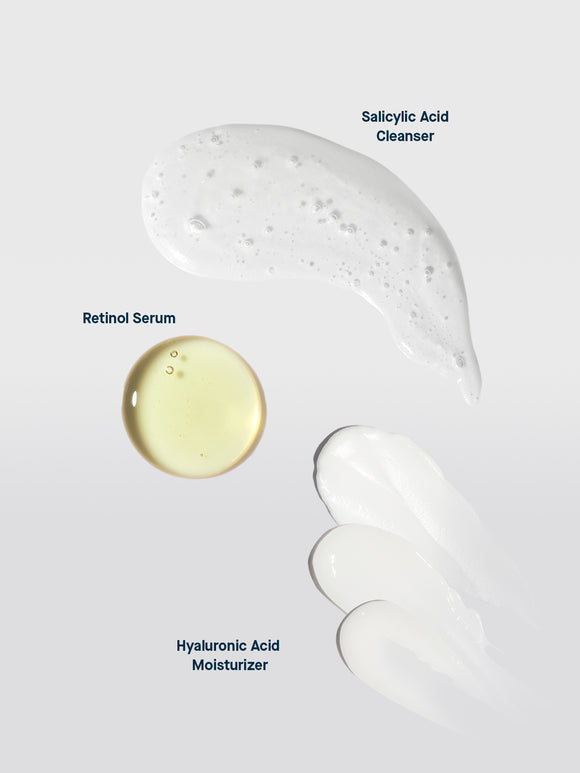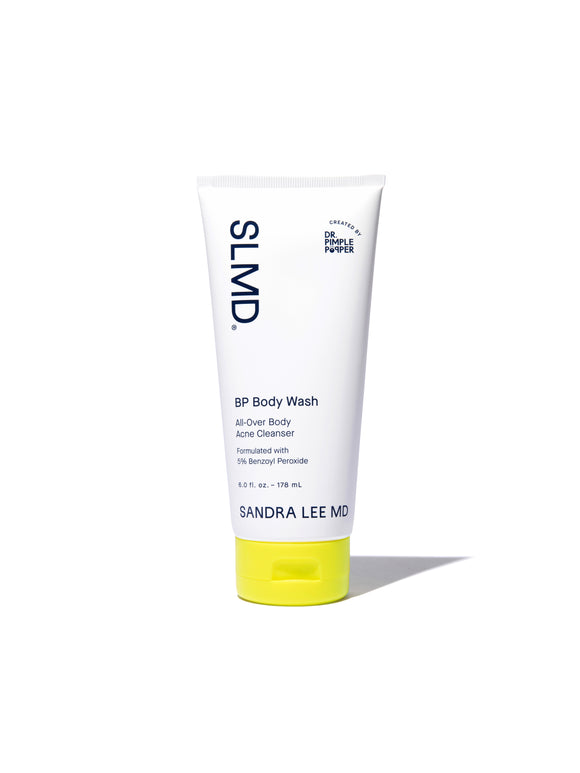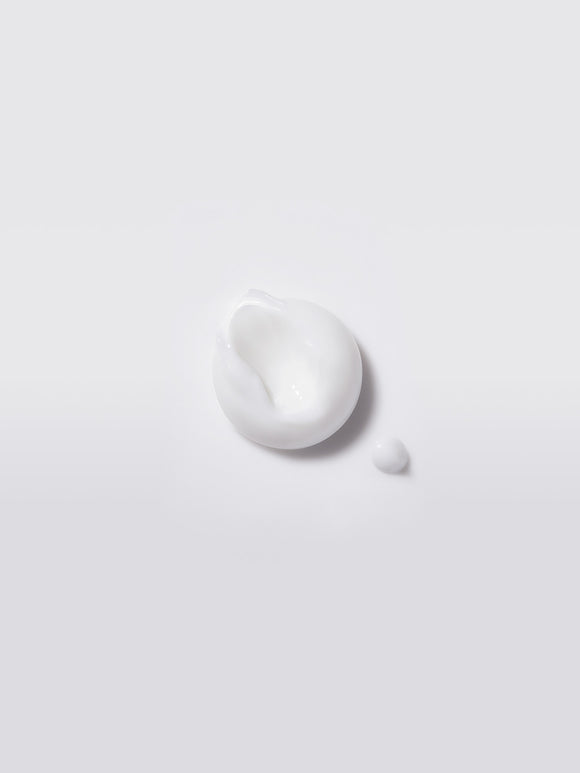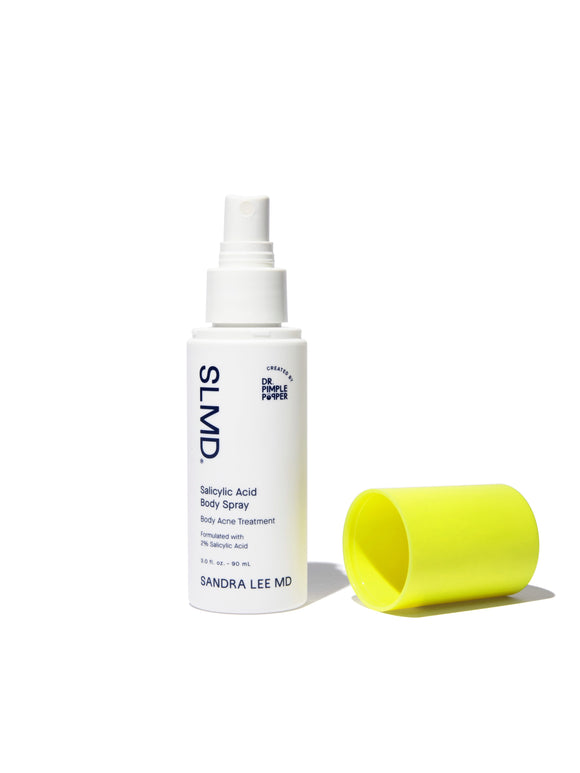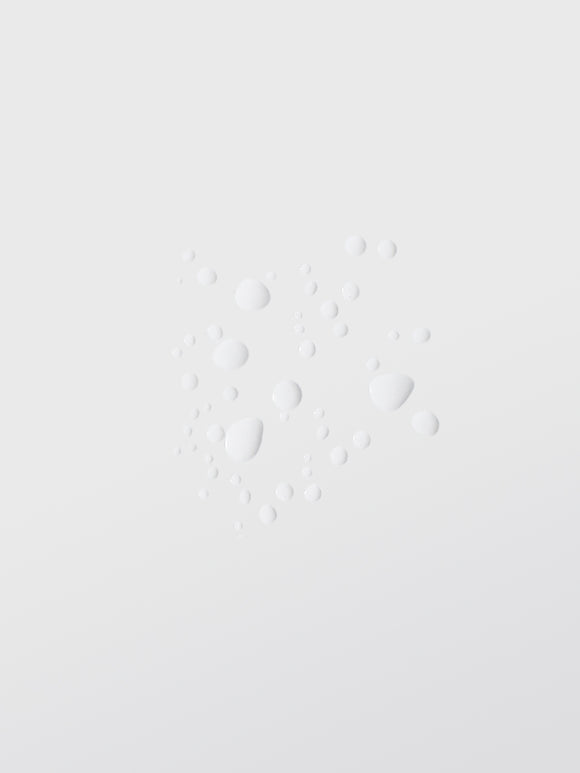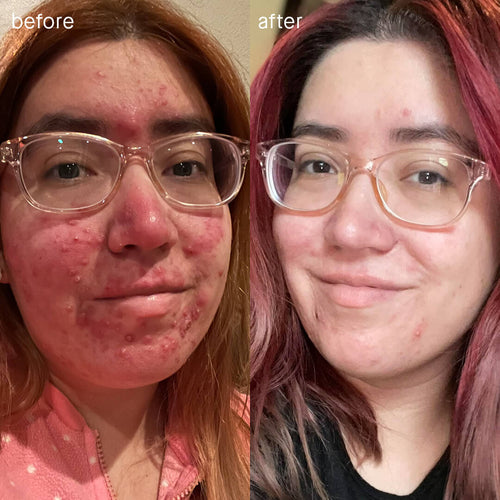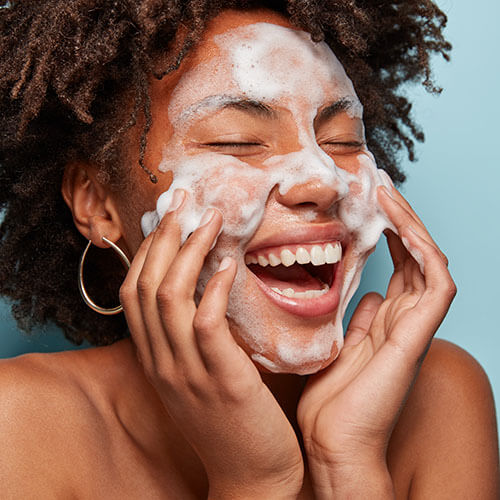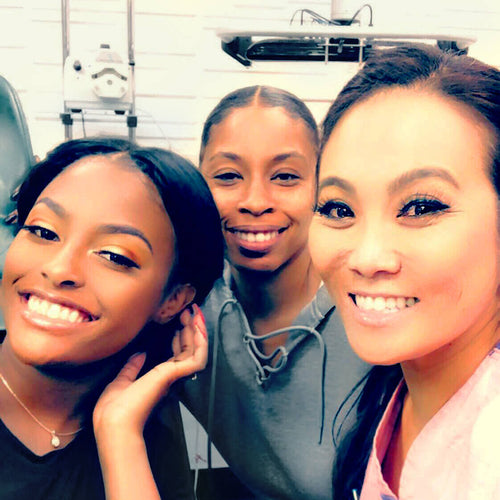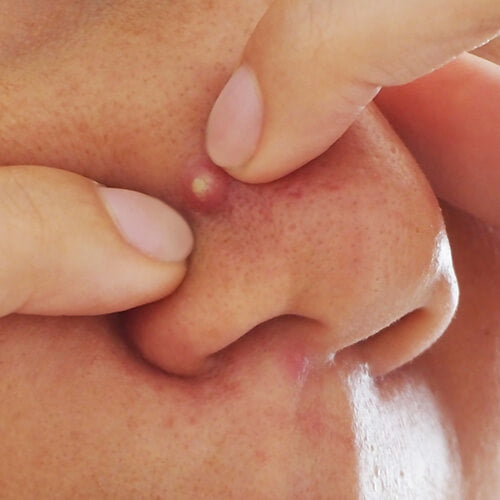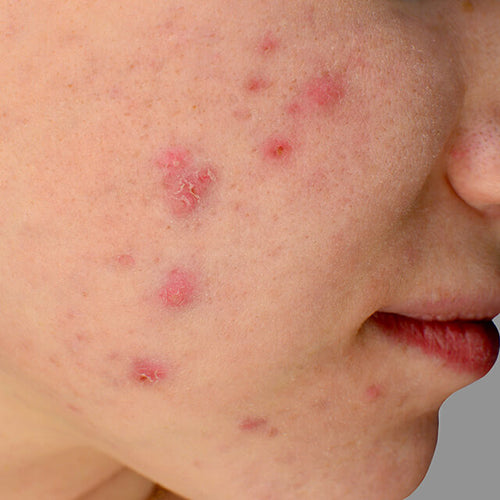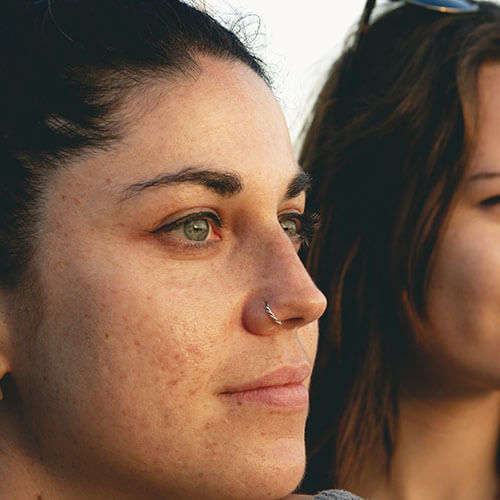
How Acne Affects Self-Esteem — And What to Do About It
Dr. Pimple Popper shares insight into how acne affects confidence — and how to feel better in your skin.
Published:
3 minute read
Acne vulgaris — the most common type of acne — has long been misunderstood as simply a skin issue. But research is confirming what many have always felt: acne can seriously affect your mental health.
From skipping social events to avoiding mirrors, breakouts can change how we show up in the world. Here, we explore the connection between acne and self-esteem — and share advice from dermatologist Sandra Lee, MD (aka Dr. Pimple Popper) for managing both.
Article Quick Links
What is self-esteem?
Before we dive into how acne affects self-esteem, let’s define some key terms:
- Self-esteem: your personal sense of worth and value
- Self-image: how you see yourself, often influenced by how others see you
- Self-confidence: how strongly you believe in your skills and abilities
While definitions vary slightly depending on the source, they all highlight one important point: how we feel about ourselves is influenced by both internal beliefs and external experiences — including our skin.
How does acne affect self-esteem?
Studies show that acne can lower self-esteem in both teens and adults — especially in women. And since many people never seek treatment, the psychological effects often go unnoticed and unaddressed.
Some signs that acne may be impacting your mental health:
- Social withdrawal or avoidance
- Irritability or anger
- Anxiety or depression
- Avoiding eye contact
- Compulsive skin picking (excoriation disorder)
Even mild breakouts can lead to emotional distress — and without support, those feelings can compound over time.
Dr. Pimple Popper's Acne Solutions
Does acne affect quality of life?
Yes — and researchers can measure it. Studies using quality-of-life (QoL) tools show that people with acne often struggle in multiple areas:
- Embarrassment or self-consciousness
- Social or leisure activities
- School or job performance
- Choosing clothes or makeup
- Participating in sports
- Managing time spent hiding or treating acne
The severity and visibility of acne — along with scarring or (dark spots (PIH) — can amplify these challenges. But even mild acne can significantly affect how you feel.
Managing the psychological impact of acne
If you’re struggling with the emotional side of acne, you’re not alone. Dr. Sandra Lee recommends breaking things down into small, manageable steps:
So where do we start? According to Dr. Lee, breaking the task down into manageable steps can go a long way toward easing feelings of uncertainty and overwhelm.
- Educate yourself: Reputable sources (like this blog) can help separate acne facts from myths. For more insights from Dr. Lee, read her perspective on skin health and mental health.
- Choose effective skincare: Look for proven ingredients like salicylic acid, benzoyl peroxide, and sulfur. Try: SLMD Acne System and Body Acne System.
- See a dermatologist: If your routine isn’t working after a few months, consult a medical expert.
- Find your community: Online support groups and forums can reduce isolation.
- Use mental health resources: many non-profit organizations specialize in connecting people in need with mental health services.
- Talk to a therapist: A licensed professional can help uncouple your appearance from your self-worth.
FAQ: Acne & self-esteem
Q: Can acne cause depression?
A: Acne has been linked to higher rates of anxiety and depression, especially when it affects self-esteem.
Q: Does treating acne improve mental health?
A: Yes — clearing up acne often boosts confidence and reduces emotional distress.
Q: What if over-the-counter acne treatments don’t work?
A: If you're not seeing results after 8–12 weeks, consult a dermatologist for prescription options.
Contributing studies:
The psychosocial impact of acne vulgaris
How Acne Bumps Cause the Blues: The Influence of Acne Vulgaris on Self-Esteem

Dr. Lee's Last Word
As a dermatologist, I see firsthand how acne impacts confidence and quality of life. It’s more than skin deep. But there are effective ways to treat acne — and support for the mental health side, too. You're not alone.





